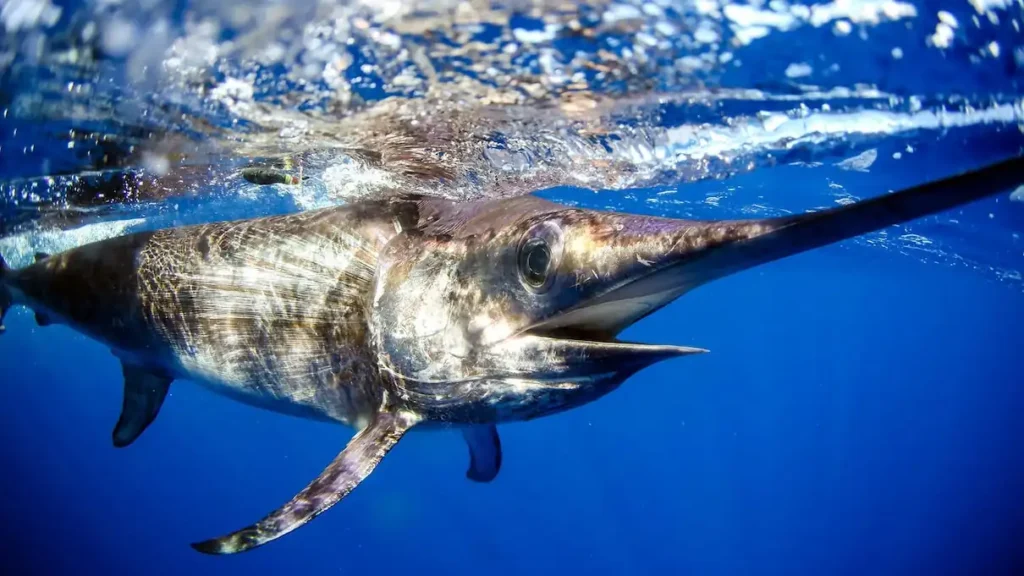Do cats really like to eat fish? Solve the myth that cats love to eat fish!

When it comes to what cats like to eat, many people’s first instinct is to think that cats like to eat fish, but did you know? In fact, cats don’t like to eat fish!
Because cats’ ancestors came from the desert and mostly preyed on rodents (such as rats), birds, and reptiles, fish is not a natural target for cats to hunt, nor is it a part of their natural diet.
What’s better to understand is that 80% of cats don’t like to touch water, and their ability to catch fish is limited to the kind of ornamental fish we keep, and it’s even more unlikely for them to go into the water to catch fish to eat.
Why do cats like fish?
So why do everyone think cats like to eat fish? This may have something to do with history. Domestic cats were first domesticated by the ancient Egyptians. Because they lived on the banks of the Nile River, fishermen regarded cats as sea partners and sometimes fed them fish. Only then did the concept of cats eating fish gradually spread~
Although cats love to catch fish, it does not mean that cats love to eat fish. This is the same as watching birds outside the window. It is just a behavior that stimulates curiosity and hunting instinct.
Can cats eat fish? Things to note when cats eat fish!

Cats can eat fish, but not raw fish!
Raw fish contains the enzyme thiamine, which destroys essential thiamine (vitamin B1) in your cat’s body!
Long-term intake of thiamine enzyme can lead to thiamine (vitamin B1) deficiency, which can lead to serious neurological problems, such as convulsions, coma and even death. At the same time, raw fish is also a breeding ground for bacteria such as E. coli and salmonella. Improper handling may also cause Can get food poisoning.
Even if you have the habit of eating raw food, you cannot eat raw fish!
It is also not recommended to feed cats “raw fish” because the parasite content in raw fish is the highest among all raw meats.
Raw fish also contains fermentation enzymes, which will decompose the “vitamin B1” in the cat’s body after being eaten, which will cause vitamin deficiencies in the cat in the long term.
Poaching or baking is the best option (although pan-fried fish is delicious, it is too greasy for cats), and in addition to making sure it is cooked thoroughly, avoid adding seasonings.
If your cat develops red and itchy skin, ear inflammation, vomiting and diarrhea after eating fish, be careful that it is a fish allergy. You must stop feeding and go to a veterinary hospital for diagnosis and treatment!
Can cats eat fish bones?
You should also pay attention to “fish bones” when feeding fish to cats, because cats’ esophagus is very narrow, and sharp fish bones may get stuck and cause “gastrointestinal damage.”
Regardless of whether they are raw or cooked, fish bones are very dangerous. Sharp fish bones can easily get stuck in the esophagus or intestines, causing stabbings and suffocation in cats.
Therefore, if you want to feed your cat fish, you must pick out the fish bones!
Can’t these fish be eaten? NG fish revealed!
Fish that are at the top of the food chain or have longer lives also have higher levels of heavy metals and mercury in their bodies. If cats eat them, they may cause mercury poisoning and cause nerve damage.

swordfish
shark
horsehead fish
Southern Blue Tuna
Stingray
mackerel
Compared with white fish, oily fish such as salmon, sardines, and anchovies are rich in Omega-3 fatty acids. However, from a biological perspective, fish can provide far less basic vitamins and minerals than other meats.
Cats that only eat fish for a long time may have negative effects on their health. It is recommended to mix it with other proteins to get balanced nutrition!
If you want to supplement Omega-3, you can also feed fish oil directly to take care of your baby’s heart, blood vessels, skin, hair, eyes and brain!
Cats don’t just like to eat fishy food
Therefore, you can know that although fish is fishy, it is not necessarily food that cats like or are suitable for them.
Beef and mutton also have a strong odor. Cats who like to eat it like it very much, but there are also many “cats” who don’t like it, not to mention that it is not a food that originally belongs to the cat world.
Cats will eat fish, but the taste is secondary. In many cases, they eat it out of ancient “habits”.

Therefore, when choosing fish oil for cats, you should pay attention. Even if most fish oil is deodorized (the current patented deodorization technology still has a distinct smell), it still has a strong fishy smell. Tests have shown that many cats do not like this smell.
